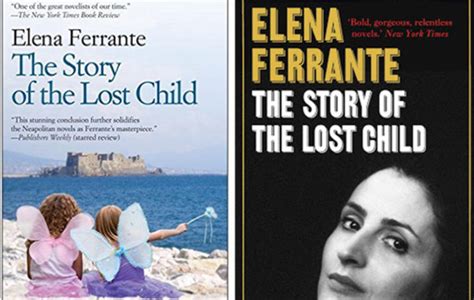A Quote by Tanith Lee
I must suppose that reading wonderful writers may, inadvertently, teach an avid reader a great deal -- not only about life and other matters, but about how to write. Therefore doubtless I have benefited from frequent immersions in the glowing genius of others. It would be nice to think so. (I do actually think so). But to improve my skills will never be the prompting force of my reading -- that's just literary lust.
Related Quotes
I read continually and don't understand writers who say they don't read while working on a book. For a start, a book takes me about two years to write, so there's no way I am depriving myself of reading during that time. Another thing is that reading other writers is continually inspiring - reading great writers reminds you how hard you have to work.
There is a wonderful book called "Gandhi's Truth," by Erik Erikson, the psychologist. It is a great book. And I remember reading that and thinking about this connection between what we think in our personal lives and how that manifests itself in our politics. Those are two books, just off the top, that I think are sort of representative of reading that I did at that time. I never get a chance to read anymore.
I think training your instinct comes from writing and reading. There's no big secret. And reading slush helps, as well; I'd recommend everyone edit a literary magazine at some point. It's time-consuming, but there's a lot to learn from other writers who are also learning. The patterns (twelve stories about whales in this batch?) are also interesting.
In company with people of your own trade you ordinarily speak of other writers' books. The better the writers the less they will speak about what they have written themselves. Joyce was a very great writer and he would only explain what he was doing to jerks. Other writers that he respected were supposed to be able to know what he was doing by reading it.
There is something about the medium [in comics] that allows for a simulation of actual experience with the added benefit of actually reading. You're reading pictures, but you are also looking at them. It's a sort of combined activity that I can't really think of any other medium having, other than, say, a foreign film when you are reading and seeing. It allows for all sorts of associations that might not come up with just words or just pictures.
A word, and all the infinite fluctuations it may possess. Like that moment when you know you have something to say, and you know you're speaking, even, but you still have no idea how you will say it. Or the moment when, as a reader, you're reading, and you are understanding what you are reading, but still have utterly no idea what will come next for you, what precisely the author wants to say. For me, that is the ultimate level of literary depth, of literary density.
I don't think you could teach someone to be a genius, but you can certainly teach them to not make rookie mistakes and to look at writing the way a writer looks at writing, and not just the way a reader looks at writing. There are a lot of techniques and skills that can be taught that will be helpful to anybody, no matter how gifted they are, and I think writing programs can be very good for people.
Even my colleagues don't read classic criticism. And my feeling is that if you don't do that then you're not really practicing your craft. That's how you learn how to do it. You don't learn how to write about jazz just from listening to jazz. You learn how to write by reading the great writers and how they worked, the great music critics.
And it's kind of my own fault too, in the sense that I've used my own life as a literary device so much. I think people feel very comfortable reviewing the idea of me, as opposed to what I've actually written. I find that most of the time, when people write about one of my books, they're really just writing about what they think I may or may not represent, as sort of this abstract entity. Is that unfair? Not really. If I put myself in this position where I'm going to kind of weave elements of memoir into almost everything, well, I suppose that's going to happen.
I learned to write from reading. I had no writing classes. It's part of my thinking as the writer-author, reading, but then I also want to bring this into my characters, who also read and think. There's that great quote from Virginia Woolf - it's very simple: "...books continue each other." I think when you're a writer, you're also, hopefully, a reader, and you're bringing those earlier works into your work.
I actually dislike, more than many people, working through literary allusion. I just feel that there's something a bit snobbish or elitist about that. I don't like it as a reader, when I'm reading something. It's not just the elitism of it; it jolts me out of the mode in which I'm reading. I've immersed myself in the world and then when the light goes on I'm supposed to be making some kind of literary comparison to another text. I find I'm pulled out of my kind of fictional world, I'm asked to use my brain in a different kind of way. I don't like that.






































